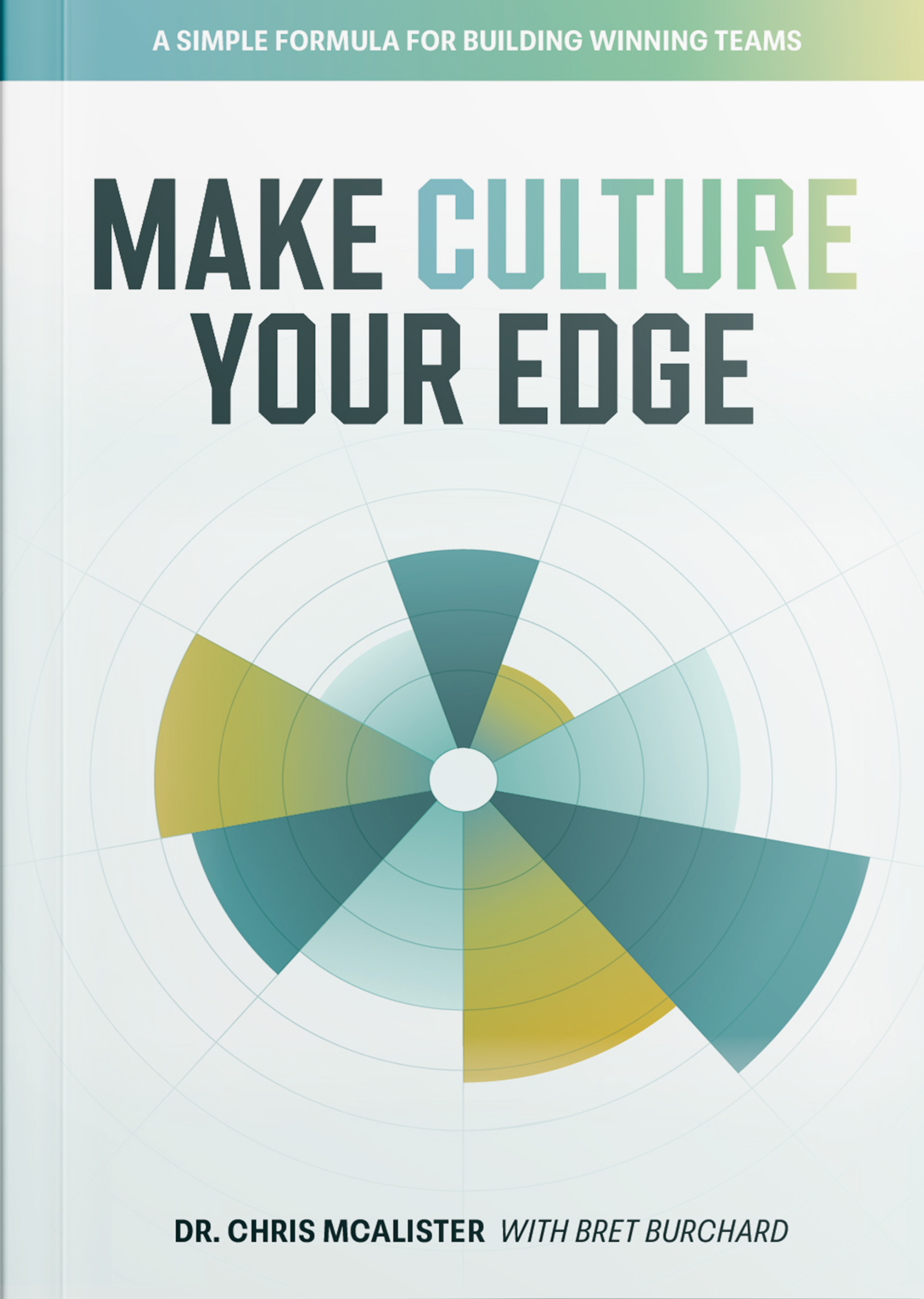
Fear #
4
Fear Of Inadequacy
Fear Description
This fear tells you that you don’t have what it takes. No one wants to feel they are inadequate but those with this dominant fear will go to great lengths to prove it isn’t true or to keep it hidden. They may be the first to rush into something new in order to demonstrate they do have what it takes. Or, they will avoid new things altogether in order to escape what this fear tells them they are —a fraud. As with all the fears, the motive behind the behavior is key. The unhealthy motive with this fear is never let them see you can’t do it.
VALIDATION IDENTITY
When insecure, a One-Trick Pony makes the leadership mistake of discounting what is felt over what seems logical. Instead of honoring the feelings of others, they explain them away with data and logical rebuttals. But people don’t form meaningful connections and trust through logic and rational arguments. They connect through shared emotional experiences. When we dismiss feelings, we dismiss the person behind those feelings, eventually leading to broken trust.
Leadership Mistake
Discounting what is felt over what seems logical, which stagnates relationships.
Risk Factor: Broken Trust
Impact Statement
You build trust by valuing the information expressed in others’ feelings, even if they cast doubt on your ability.
Core Value
What you value is an important element for any successful team or organization. However, in limbo moments when you feel stress, pressure, change or uncertainty, your values will become out-of-balance, causing you to build unbalanced teams and create an unbalanced culture.
The core value of those with this fear is Critical Thinking. Without awareness, in times of stress you will overvalue Logic and undervalue Emotion.
You Undervalue
Emotion
Your Core Value
Critical Thinking
You Overvalue
Logic
Core Doubt
Every leader pursuing an ambitious horizon experiences doubts. You will experience relational doubts ("Do they like me?") and you will experience mission doubts ("Am I doing a good job?"). At the root of it all is a mindset doubt.
If this is your top fear, your core doubt is "I doubt I can do it". Here are also a few questions that may help you see and understand your doubt better.
Hiding Question
Are my high standards keeping me from new things?
Core Doubt
I doubt I can do it
Proving Question
Am I being driven by unrealistic standards of competence?
Non-Supportive Habits
You may be unwilling to take calculated risks, step outside your routine or solve uncommon problems.
The Limiting Beliefs
Your value is tied to your competency. You need to avoid feeling/being incompetent.
3 Things to Apply
1. Accept Reality As Both Facts And Feelings
Learn to appreciate how others feel and understand the facts is just as important as how you understand the facts. It's like providing a comprehensive foundation for your critical thinking, allowing it to grow with diverse emotions and perspectives.
2. Harness The Data In Emotions
Recognize emotions as clues and signals to be interpreted. You do not have to deny them or be dominated by them; they are a complement to your logic superpower. Like branches swaying in the breeze, adapt to both logic and the winds of emotion in your critical thinking process.
3. Position Yourself For Insight
You won’t analyze your way into creative breakthroughs. Be open-minded as both data and emotion synthesize into new perspectives, ideas, and truth. Like a tree bearing unexpected and valuable fruits, this adds unique dimensions to your critical thinking.
3 Things to Avoid
1. Avoid Severing Emotional Connections
You break the connection with others when you overemphasize your conviction of the data and facts. Don’t neglect the other half of reality known as emotion. Like branches adding strength to a tree, emotions contribute depth and richness to your thought process.
2. Don't Suppress Emotional Awareness
Emotion occurs for a reason. To ignore the reason is to live with an immature ability to reason. Don't suppress emotional nuances in your critical thinking. Recognize the importance of diverse leaves on a tree, each contributing its overall health and beauty.
3. Don’t Dismiss Intuitive Wisdom
Intuitive wisdom is like heeding the whispers of the forest. Be patient and pay attention. The insights can guide your critical thinking to unexpected and valuable places that analytical striving alone can’t accomplish.


